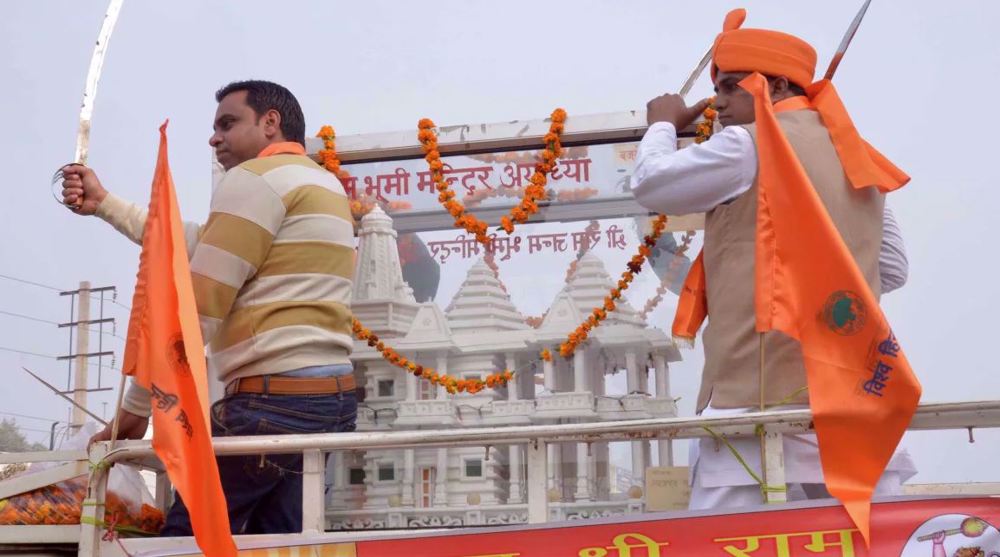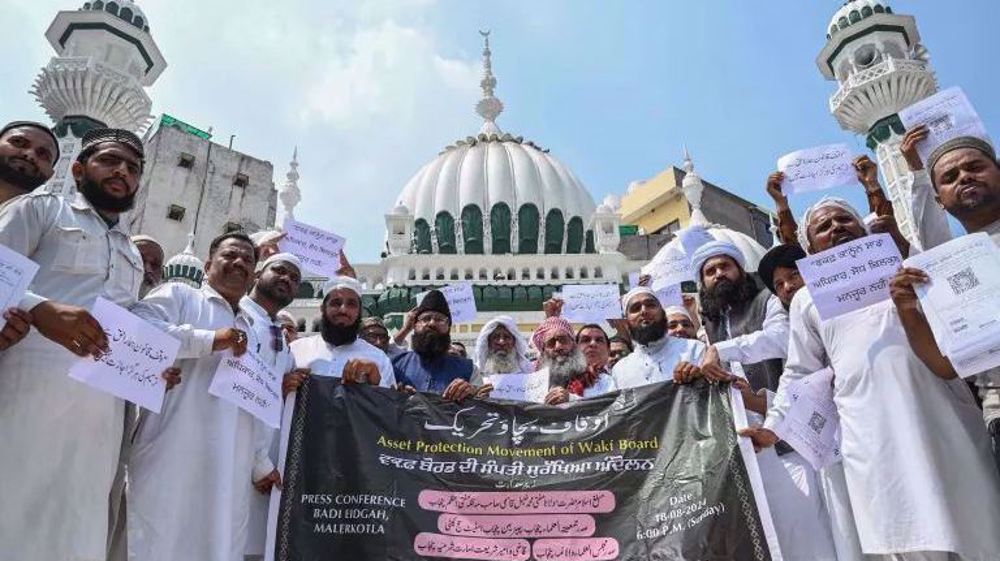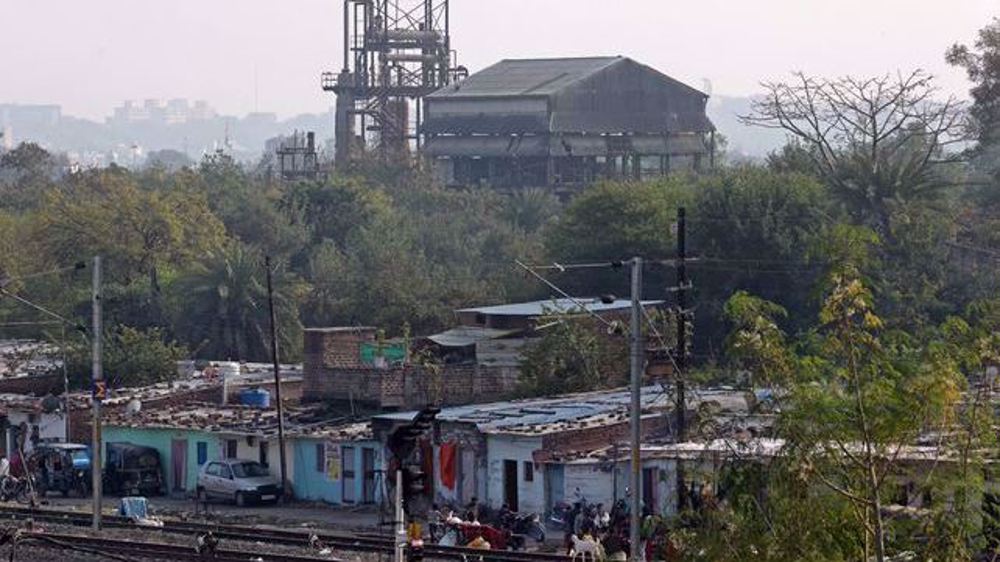Toxic waste from India's 1984 Bhopal gas tragedy site moved for disposal
The toxic waste at India's 1984 Bhopal gas tragedy site has been removed after 40 years.
Local authorities said on Thursday that all the toxic waste from the site had been removed.
The Indian authorities added that the waste had been transferred to a disposal facility where it would take three to nine months to incinerate.
Twelve containers carried the 337 metric tons of toxic waste 230km to the Pithampur incineration plant amid heavy security, Swatantra Kumar Singh, the director of the Bhopal gas tragedy relief and rehabilitation department, told media.
A trial run for the disposal of 10 metric tons of waste was conducted in 2015 and the disposal of the remaining 337 metric tons will be completed within three to nine months, the state government said in a statement.
Singh said the trial run for waste disposal conducted by the Federal Pollution Control Agency found emission standards under prescribed national standards.
He added that the disposal process is environmentally safe and will be done in a manner that cannot harm the environment of the local ecosystem.
Critics, however, opposed the plan, claiming it would be hazardous to the environment. Bhopal-based environment activist, Rachna Dhingra, who has worked with survivors of the Union Carbide pesticide factory tragedy, said the solid waste remaining after the incineration would be buried in a landfill and this will cause water contamination and result in environmental concerns.
He said the perpetrators of the disaster need to be held responsible for cleaning up the mess. "Why is the polluter Union Carbide and Dow Chemical not being compelled to clean up its toxic waste in Bhopal," Dhingra said.
Built in 1969, the Union Carbide plant, which is now owned by Dow Chemical, was seen as a symbol of industrialization in India, generating thousands of jobs for the poor and, at the same time, manufacturing cheap pesticides for millions of farmers.
However, during the early hours of Dec. 3, 1984, a deadly gas, methyl isocyanate, leaked from the pesticide factory then owned by American Union Carbide Corporation, killing an estimated 5,000 to 22,000 people as a direct result of exposure to the leak.
Also, the leaked gas has led to more than half a million people suffering some degree of permanent injury from gas poisoning in Bhopal, the capital city of the Indian state of Madhya Pradesh.

Waqf Bill not just an attack on Indian Muslims but on India’s constitutional fabric: MP

Bill to seize mosques in India gains presidential assent

Indian parliament passes bill seen as step to seizure of mosques
VIDEO | Press TV's news headlines
Netanyahu’s flight takes detour to US to avoid ICC arrest warrant: Reports
VIDEO | Palestinians stage general strike in West Bank as Israel intensifies Gaza genocide
VIDEO | Genocide in the Syrian coast!
Collapsing Empire: Yemen shatters the illusion of US air power, yet again
Ten Britons accused of war crimes during Israel’s Gaza genocide; complaint filed
Waqf Bill not just an attack on Indian Muslims but on India’s constitutional fabric: MP
Iran Army cmdr. visits southeast air base as Tehran vows to exact ‘heavy price’ from enemy







 This makes it easy to access the Press TV website
This makes it easy to access the Press TV website